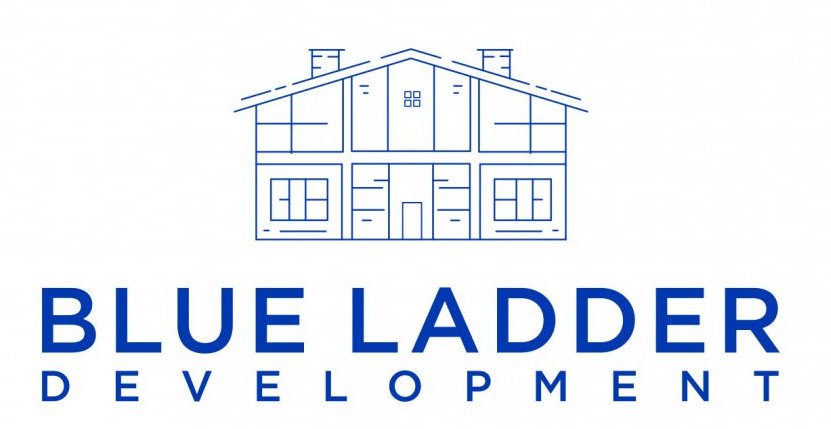
Since the beginning of the pandemic millions of Chicago area homeowners have spent more time at home over the past 12 months than ever before. If you are like most home owners your extra time at home has made your renovation wish list a much higher priority as the majority of your day is now spent at your house.
The problem is you’ll need to hire a professional contractor to help you tackle your home improvement wish list and want to sure you are protected in case something goes wrong/ In today’s post we will provide you with a few pointers to help you vet potential contractors and make sure you have all of the proper protections in place.
Difference Between Bonding and Insurance
Most reputable contractors advertise themselves as “bonded and insured.” But what, exactly, does that mean?
A surety bond assures that you’re protected if the contractor skips out and doesn’t finish the project or if he winds up doing sub-par, shoddy work. This bonding ensures that you won’t have to use your own cash or homeowner’s insurance to foot the bill in such cases.
A contractor’s insurance protects you against the cost of both damages and lawsuits. If during the renovation project, some kind of damage occurs to your home, you (or your insurer) won’t have to pay for repairs. Also, if one of the contractor’s employees is injured working on your project, you won’t be liable.
What Kind/How Much Insurance?
Taking steps to make sure your contractor is insured in Chicago is just the beginning. You also need to make sure the contractor has adequate coverage and the right types of insurance.
First, would the contractor’s insurance cover major damage to your home? If, say, you live in a $1.5 million home, and your contractor’s insurance would cover only $500,000 in damages, then you probably need to keep looking.
Your contractor should carry general contractor liability insurance comprising the following types/levels of coverage:
- Liability insurance – Covers injury to you or your family and protects you from lawsuits
- Workman’s Comp – Protection for the contractor’s employees in the event of injury (not required in all states for smaller contractors, so you’ll need to ask)
- Property damage – Covers damages to your home during the course of the project
Steps You Need to Take
But how, precisely, can you make sure your contractor is insured in Chicago? Make sure that the contractor you hire applies for and obtains the appropriate permits from your local building department before starting any work. Most villages will require contractors to post a bond and provide evidence of insurance before performing any work in the area which will add an additional layer of protection for you, the homeowner. We have also listed several additional steps you should perform before hiring a contractor below.
- Check out the contractor with the Better Business Bureau
- Check references and talk to former customers
- Have a formal in-depth meeting with the contractor before signing any contract
- Ask to see insurance and bonding documents
- Get everything in writing – all aspects of work to be done, work milestones and payment schedule, completion date, contingency clauses, and so on
How Does Your Contractor Deal With Subcontractors?
Suppose, for example, your remodel project involves adding a room to your home. In that case, the general contractor will probably hire subcontractors to do the framing and brick laying. But are the subcontractors insured?
It sometimes happens that subcontractors are brought in on a cash basis. There’s no record of their employment by the general contractor, and, as a result, they aren’t covered by the contractor’s insurance (or bonding) should something go wrong. So, in addition to investigating your contractor’s insurance status, you also need to determine how they deal with subcontractors.
Knowing how to make sure your contractor is insured in Chicago is crucial for any major work done in or on your home. Your local real estate professionals can also be a good resource when you’re checking out contractors.
